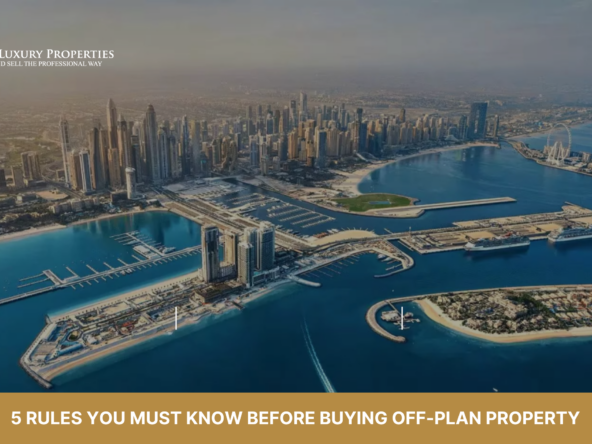Dubai property market
Dubai, a city known for its towering skyscrapers, luxurious lifestyle, and world-class amenities, has become a dream destination for many expats and investors. If you’ve ever wondered how to own a home in this dazzling city, here’s a step-by-step guide to navigate the process.
1. Understanding the Dubai Property Market
Before diving into homeownership, it’s crucial to understand the Dubai property market. The city offers a variety of options, from high-rise apartments in downtown areas to spacious villas in suburban developments. The market has been evolving, with new projects constantly being developed to cater to the growing demand.
As an expat, it’s important to note that the UAE government has allowed foreigners to purchase property in certain areas known as “freehold” zones. These areas include popular locations such as Palm Jumeirah, Downtown Dubai, and Dubai Marina.
2. Legal Requirements for Expats
For non-UAE nationals, buying property in Dubai is a streamlined process but comes with some legal considerations:
- Property Ownership Zones: As an expat, you can only purchase property in designated freehold areas. These areas allow foreigners to own properties without restrictions.
- Property Value: There’s a minimum property value required to buy a home, depending on the area. Ensure you meet the financial criteria before proceeding.
- Residency Status: You need to have a valid residency visa or be a holder of a long-term residence permit to buy property in Dubai.
3. Financing Your Home Purchase
Dubai’s property market is known for its relatively easy access to financing, particularly for expats. Many local and international banks offer mortgages, but there are specific terms and conditions:
- Loan-to-Value (LTV) Ratio: Foreigners can borrow up to 75% of the property value for a primary residence and up to 60% for a second home.
- Down Payment: Expect to pay at least 25% to 35% of the property’s value upfront.
- Interest Rates: Mortgage rates can vary, so it’s wise to shop around for the best deals.
4. Choosing the Right Property
Selecting the right property is essential to making a sound investment. Whether you’re purchasing a new build or a resale property, consider factors like location, price, and the developer’s reputation. Some key questions to ask include:
- Is the property in a freehold zone?
- Does it align with your budget and lifestyle?
- Are there any additional fees, such as maintenance or service charges?
5. The Buying Process
The buying process is relatively straightforward in Dubai, but here’s a quick outline:
- Property Search: Use property portals or hire a real estate agent to find suitable properties.
- Initial Agreement: Once you’ve found a property, make an initial offer and sign a Memorandum of Understanding (MoU) with the seller.
- Due Diligence: Conduct a property inspection and ensure all legal documents are in order.
- Transfer of Ownership: Finalize the sale through the Dubai Land Department (DLD), where you’ll need to pay the registration fees and other associated costs.
6. Additional Costs to Consider
Homeownership in Dubai comes with additional costs that buyers should be aware of:
- Dubai Land Department Fees: Typically, buyers pay a registration fee of 4% of the property’s value.
- Maintenance Fees: Most properties in Dubai require annual maintenance fees, which can vary depending on the type and location of the property.
- Utilities: Homeowners are responsible for paying utility bills, such as water and electricity.
7. Can Expats Own Property in Dubai?
Yes, expats can own property in Dubai, but only in designated freehold zones. These areas are spread across the city and are popular among foreign investors and homeowners.
FAQ: How to Become a Homeowner in Dubai
Can expats buy property in Dubai? Yes, expats can buy property in Dubai in designated freehold areas. These include locations such as Palm Jumeirah, Downtown Dubai, and Dubai Marina.
What are the financial requirements to buy property in Dubai? Expats are required to make a down payment of at least 25% for a primary residence, with a loan-to-value ratio of 75%. A mortgage is also available through banks and financial institutions in Dubai.
What is the minimum property value required for homeownership in Dubai? The minimum property value varies depending on the area, but it’s generally higher in sought-after locations like Downtown Dubai or Palm Jumeirah.
Do I need a visa to buy property in Dubai? Yes, to buy property in Dubai, you must have a valid residency visa or long-term residency status.
What additional costs should I consider when buying property in Dubai? Additional costs include the 4% registration fee at the Dubai Land Department, maintenance fees, and utility bills.





